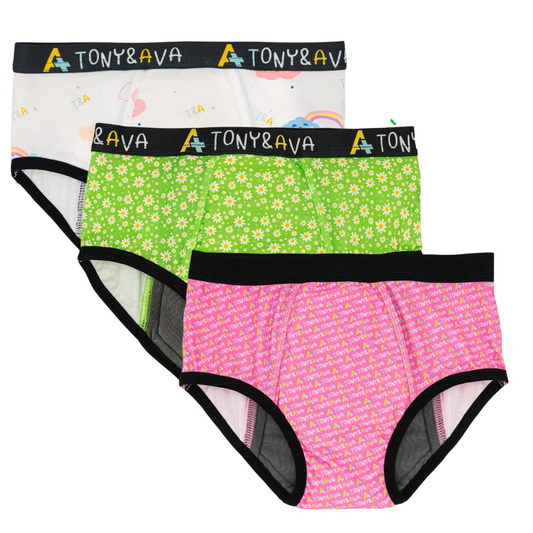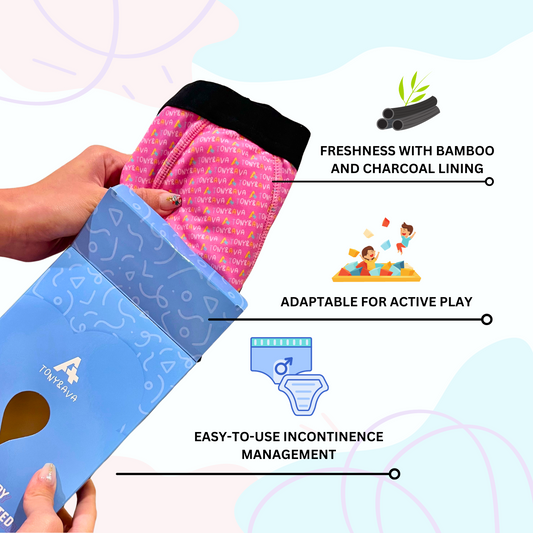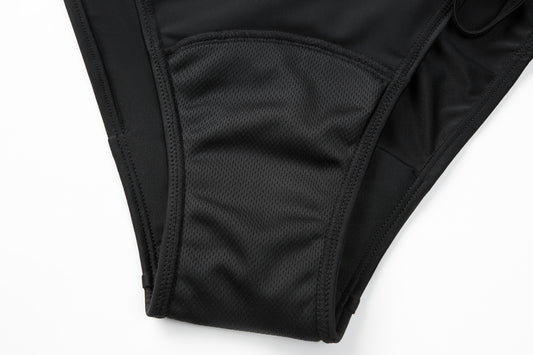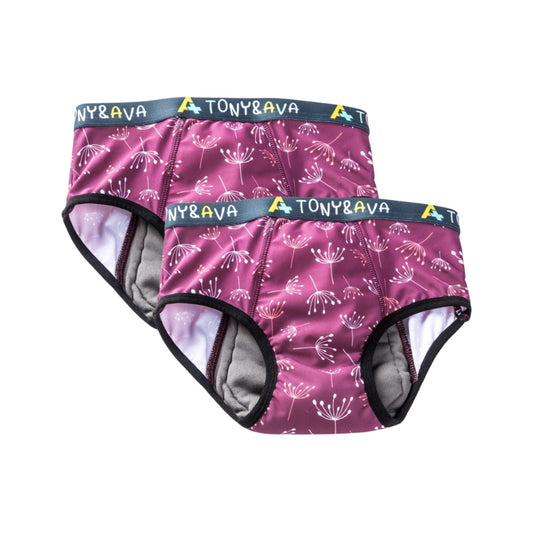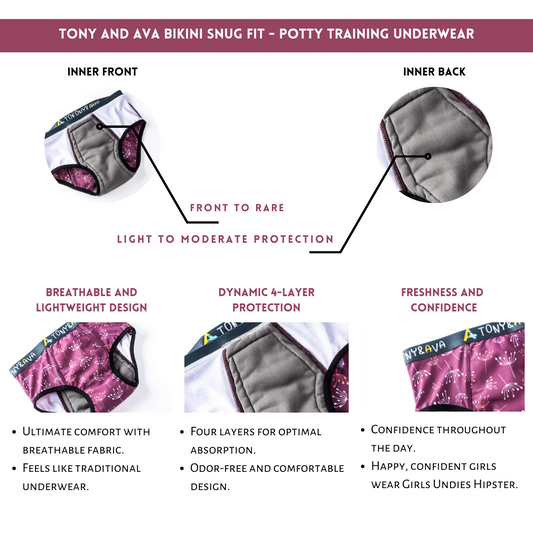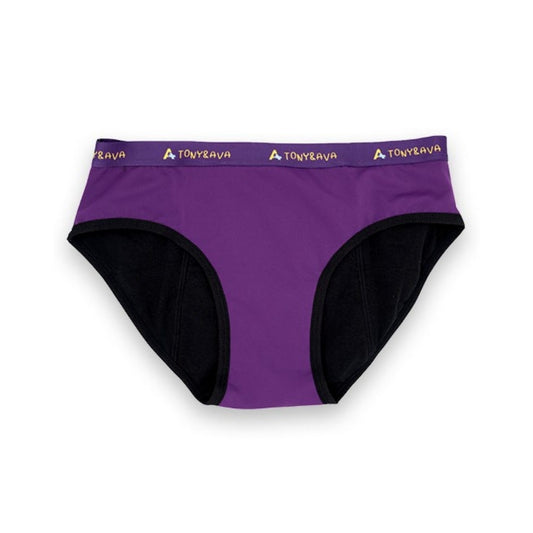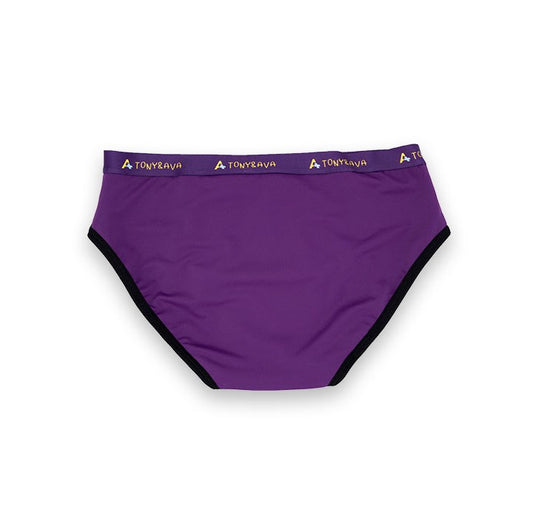Many children have toileting issues, especially as they are going through the process of potty training. During this time, parents expect accidents to be a part of the process, as learning independent toileting skills has a learning curve. However, sometimes, a child will struggle with toilet training issues far beyond the normal bumps in the road. When a child is having accidents frequently and is not experiencing effective potty training, they are considered to be incontinent.
When most people hear the term “incontinent,” they generally think of those who have an accident and wet themselves. However, children can also deal with fecal incontinence which can be a challenge for both the young person and their parents and caregivers. Fecal incontinence is lacking the ability to control bowel movements. This then results in soiling incidents that happen in places other than the restroom.
Fecal incontinence is often linked to constipation or other gastrointestinal issues, especially in children, but it can also be caused by malformations in the rectal area or trauma to this region of the body. Kids that have physical or intellectual disabilities may also struggle with both urinary and fecal incontinence. While inconvenient and at times certainly stressful, when you and your child know how to better cope with this challenge, everyone can feel more confident and able to lead a happy and normal life.
Some instances of fecal incontinence are temporary and can resolve with therapy, surgical intervention, and time. Other times, this struggle does not resolve. This type of incontinence is called intractable fecal incontinence. How the symptoms for this condition present depends on the type your child has.
Some children struggle with “urge fecal incontinence.” This subtype is defined by a sudden strong urge to have a bowel movement that cannot be ignored or put off. Often this results in a child soiling themselves before they can make it to the bathroom. Passive fecal incontinence is when a child soils themselves without feeling an urge or realize that they have passed stool.
If you and your child are frustrated by frequent accidents involving bowel movements. There are steps you can take to deal with this challenge. First, if you haven’t had your child evaluated by a physician for this condition, please do so. Their pediatrician will talk with you and your child if they are old enough and look at the big picture when it comes to causes. They may also refer your little one to a GI specialist who will examine and run tests that will examine your kiddo’s voluntary and involuntary muscle control as well as sensations and nerve function. All of these play a major role in a child's remaining continent.
If your child’s anatomy checks out and is normal, cognitive and physical therapy initiatives can help to retrain your child’s behavior. For instance, some children hold their stool for inordinately long periods, which can cause the colon to become impacted and even stretched to the point where it is unable to contract to move the stool along and out of the body. The longer that the stool remains in your child’s body, the more solid it becomes. At this point, there can be uncontrollable seepage of liquid stool that is built up behind the impaction.
Therapy that involves behavior modification and a bowel training program can be extremely helpful in assisting your child in working through the issues that are preventing them from going regularly which is in turn leading to involuntary soiling. Your physician may also recommend using certain medications and enemas to help your child keep their voiding schedule more controlled, which should hopefully lead to a decrease in accidents.
Another common way to help your child cope with fecal incontinence is to take a close look at their diet and make modifications as needed. Certain foods are known to cause troubling GI issues in many people, children, and adults alike. Many have allergies to foods containing dairy and gluten which can cause uncontrollable GI upset and diarrhea. Fatty and greasy food can have a similar effect. Working with your doctor and child to identify dietary culprits can help immensely help them cope with uncomfortable symptoms that may have been contributing to fecal incontinence.
No matter what is causing fecal incontinence for your child. The team at Tony & Ava is here to help. Our leak-proof underwear is breathable, comfortable, and looks no different than regular briefs. However, its superpowers lie in containing accidents and the associated odor to prevent embarrassing moments for your child and make clean-up easy. Your child will feel confident knowing that they have protection wherever they are, which helps you rest easy too. Check out our diverse line of adaptive clothing and undergarments today!
